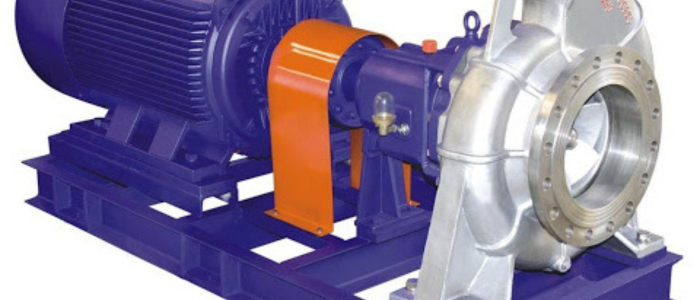The sugar industry is a cornerstone of the global economy, providing one of the most widely consumed products worldwide. This sector depends on a complex series of industrial processes to extract, refine, and produce sugar efficiently from sugarcane and sugar beets. A crucial component in this process is the use of industrial pumps and pipelines, which ensure seamless fluid transfer, optimal pressure control, and smooth operation throughout the entire sugar production cycle.
In this blog post, we will take an in-depth look at the pivotal role of pumps in the sugar industry, exploring how they facilitate different stages of production, enhance efficiency, and contribute to high-quality sugar output.
1. The Importance of High-Pressure Pumps in Sugar Processing
Industrial pumps play a vital role in sugar mills by handling different liquids at various stages of the production process. These pumps are engineered to withstand high viscosity, pressure fluctuations, and potential clogging caused by the dense sugar juice. Their primary functions include:
- Efficient liquid transfer throughout the factory.
- Managing high-pressure flow for juice extraction, evaporation, and crystallization.
- Ensuring uniform consistency in sugar syrup and molasses processing.
2. Juice Extraction and Transport
The initial stage of sugar production involves extracting juice from sugarcane or sugar beets. The process begins with mechanical crushing, which breaks down the raw material and releases the sugar-rich juice.
- Centrifugal and positive displacement pumps are used to transfer this extracted juice to the next stage of production.
- These pumps ensure a continuous flow, reducing the risk of blockages caused by fiber residues or high-viscosity liquids.
- Properly maintained pumps help reduce energy consumption while ensuring maximum juice extraction efficiency.
3. Evaporation and Concentration Process
Once the juice is extracted, it undergoes a heating and evaporation process to remove excess water and concentrate the sugar content.
- Multi-stage evaporators use vacuum pumps to maintain optimal pressure, ensuring effective heat transfer.Multi-stage evaporators use vacuum pumps to maintain optimal pressure, ensuring effective heat transfer.
- High-pressure pumps help circulate the juice efficiently, preventing crystallization at an undesired stage.
- Proper pressure management during evaporation enhances the final sugar yield and quality.
4. Crystallization: Transforming Syrup into Sugar
Crystallization is the critical phase where sugar takes shape.
- As the concentrated syrup cools, crystallization begins, forming sugar granules.
- Precision-controlled pumps regulate the syrup flow, ensuring uniform crystal size and purity.
- In modern sugar refineries, automated pumps assist in monitoring crystal growth, reducing manual intervention and improving consistency.
5. Syrup Clarification: Removing Impurities
Before sugar crystallization, the juice must be purified to remove non-sugar particles and unwanted residues.
- Clarification pumps transfer the juice through filtration systems, removing suspended solids and enhancing clarity.
- Advanced filter press pumps are used to achieve higher purification levels, ensuring a premium-grade final product.
6. Filtration for Purity and Quality Control
Filtration is a crucial step in sugar processing to separate fine particles and impurities from the syrup.
- Self-priming pumps help push the liquid through filters, ensuring a smooth and uninterrupted purification process.
- Proper filtration enhances sugar quality, making it suitable for food-grade and pharmaceutical applications.
7. Storage and Transportation: Ensuring Freshness and Consistency
After crystallization, sugar and molasses must be stored and transported efficiently.
- Molasses transfer pumps handle thick syrup movement without causing sedimentation.
- Pneumatic and rotary pumps are used to package refined sugar for distribution.
- Temperature-controlled pumping systems help preserve product quality during storage and transit.

